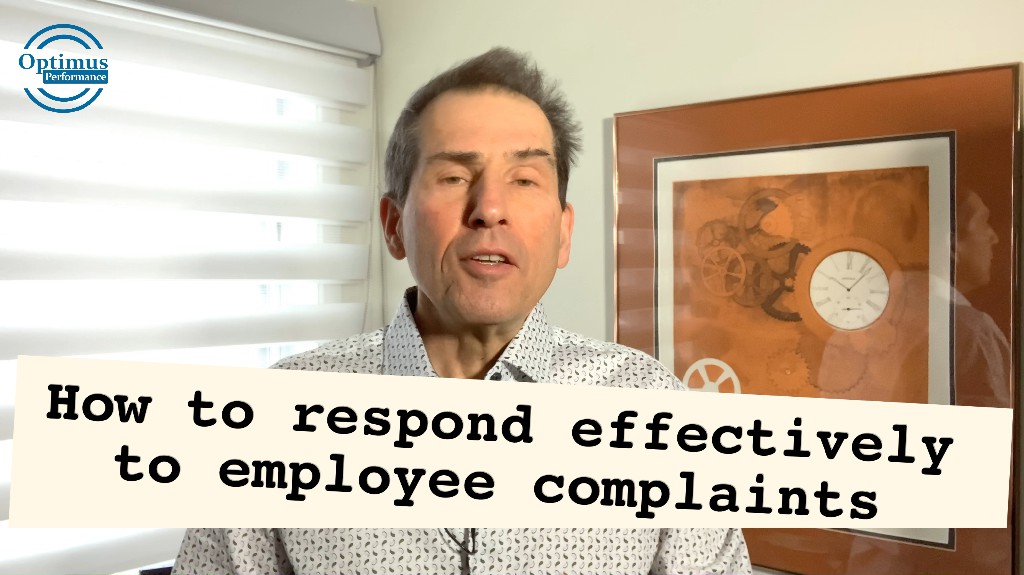It is important to deal effectively with employee complaints otherwise you can make matters worse and cause the employee to feel even more discouragement or anger.
If an employee comes to you with a complaint it could be a sign that they feel comfortable with you to bring you their grievance. Otherwise they might just start spreading negativity amongst the other employees. This gives you a chance to deal with the complaint and avoid any negative consequences.
In most cases the employee is upset with someone or something and at first, they just need to air out their feelings. As a leader you need to give them the space to do that and just hear them out without judgement. Just acknowledge that they are upset, and you are there to listen and provide support to work things out.
Many leaders and managers like to take charge of people and situations and are good at solving problems and telling people what to do. So, it would be easy to do just that when an employee comes with a complaint. But in most cases, this is not what the employee wants. They just need to be listened to and feel understood.
Once you respond with listening and understanding you can then move into problem solving mode and deal with the complaint. If you start telling them what to do right away, they may think you are not taking them seriously and don’t care about how they feel. This can cause further stress and be demotivating.
You may feel that the complaint is groundless, and the employee is being irrational and that may be the case. But you still need to let the person voice their complaint and how they feel without judging them or telling them their wrong. Listen, show you understand and then give your perspective.
Of course, if the employee is just being manipulative or revengeful this might constitute a more direct response as you do not want to encourage that behaviour. I have other articles and videos on active listening and employee confrontation that you can consult for more in depth explanations.
